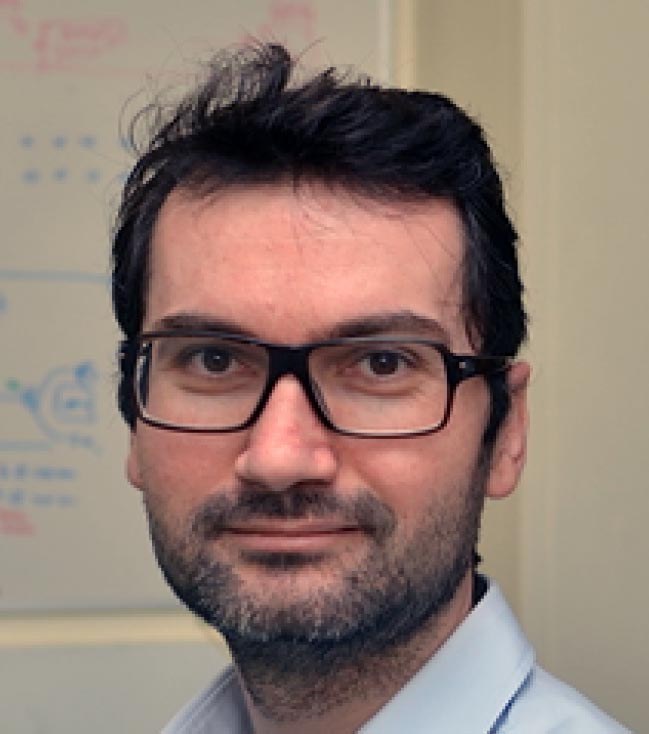
Professor Georgios Zervas speaks about the growing demands for energy efficient and resilient networks and systems for data centres.
Professor Georgios Zervas from the Optical Networks Group, recently spoke to the Guardian on the growing demands for energy efficient and resilient networks and systems for data centres.
The article, published in the aftermath of the July 2022 heatwave in the UK, discusses how one of the NHS's biggest hospital trusts faced major problems after its IT system failed as a result of the extreme high temperatures.
The problem became so dire that two of the UK's leading hospitals were forced to cancel operations, postpone patient appointments and even divert seriously ill patients to other centres. With record breaking temperatures becoming more and more frequent around the globe, this raises bigger questions around the impact that climate change will have on data centres that store large pieces of information across all sectors.
Speaking on the issue, Professor Georgios Zervas discusses why there is an urgent need for more resilient and energy efficient infrastructures within data centres as most sectors, such as hospitals, heavily rely on computers for their day-to-day activities.
By 2030, it is predicted that data centres across the globe will consume the same amount of power as the whole of Europe does today – which is massive....We need to develop energy efficient and highly performing networks and systems that are also more resilient, otherwise we will face problems of major IT system limitations and potential failures in the future.
Read more
Full article: in The Guardian
Published: August 2022, The Guardian.
Prof Georgios Zervas's profile
Professor Georgios Zervas is Associate Professor of Optical Networked Systems, EPSRC Fellow and a supervisor to MRes students and PhD researchers within the Centre for Doctoral Training in Connected Electronic & Photonic Systems (CEPS CDT).
